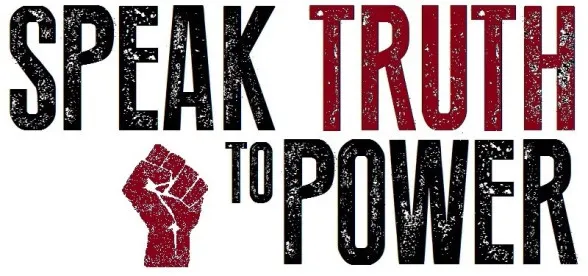Canadians would be “shooting ourselves in the foot if we continue this anti-America hissy-fit.”
In addition to media scrutiny over his unhelpful comments, Toronto Star letter-writers have chimed in:
“Anti-America, hissy fit,” is a rich statement coming from Jamil Jivani. His own “hissy fit” was on full display on election night, when he complained about Ontario Premier Doug Ford. This elected official seems to only care for promoting himself.
Paul Terech, Courtice, ON
It’s difficult and problematic to have multiple voices speaking for the same political party. Having an MP saying one thing and the leader saying another is politically strange and probably not unifying. Conservative Leader Pierre Poilievre says he speaks for the party and that Conservative MP Jamil Jivani speaks for himself. Does this mean that a member of the party can say anything, even if it’s at odds with the party line? The Conservatives have numerous opinions under their very big tent, but when dealing with the public, conflicting messaging does come across as ambiguous and somewhat puzzling.
Douglas Cornish, Ottawa, ON
The race to sell out Canada
For the last few months, we’ve had a clear front-runner in the race to sell out to/bow down to/kiss the ring of our former American friends — the Alberta separatist movement. After reading Conservative MP Jamil Jivani’s comments regarding Canada’s efforts to remain sovereign and united, it’s no longer clear. The separatists are neck and neck with the federal Tories.
Craig Gibson, Thornhill, ON
In addition to being an embarassment to Canada, Jamani can't be earning any points with his leader, Pierre Poilievre, still fighting the latest defection from his party's ranks, with possibly more to come.







